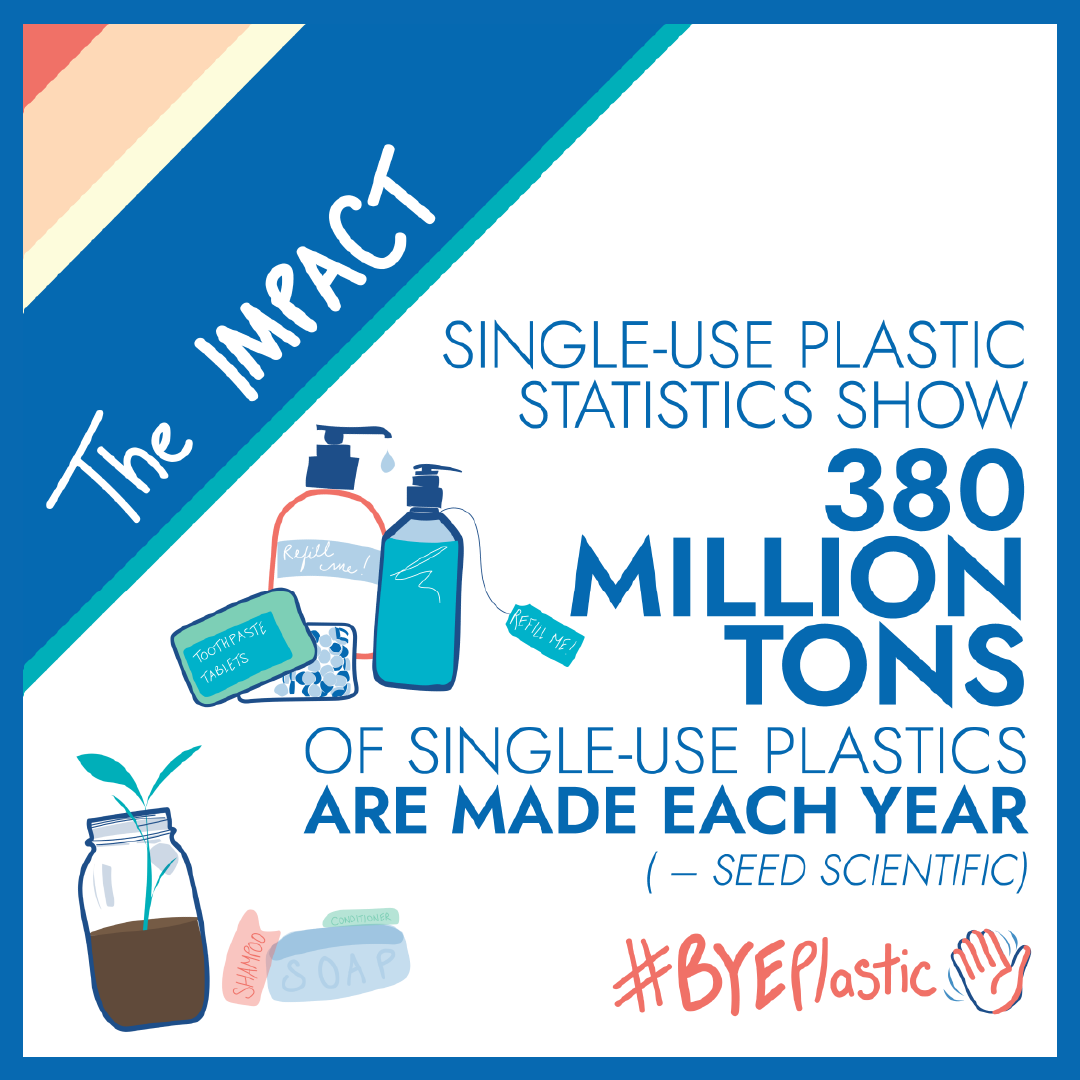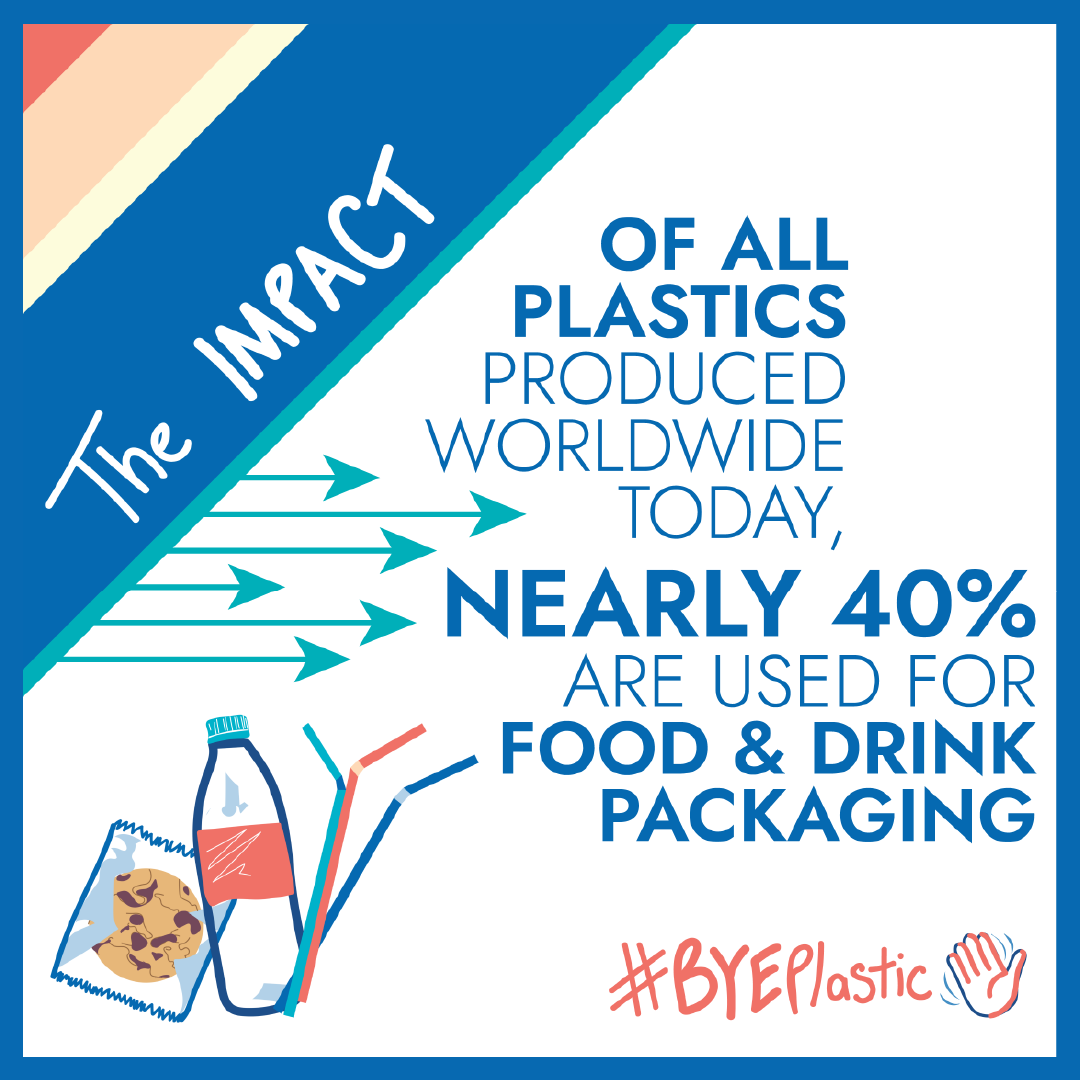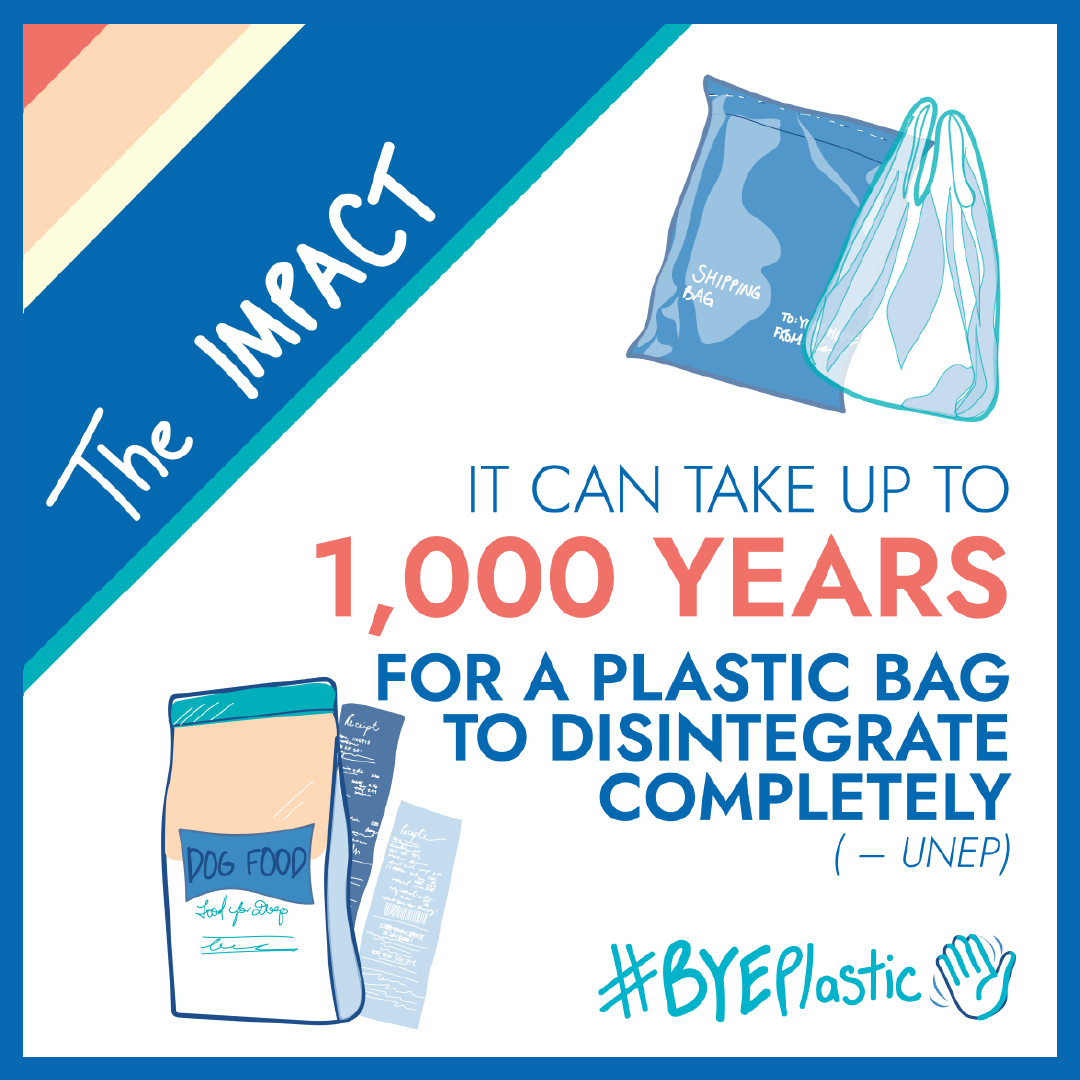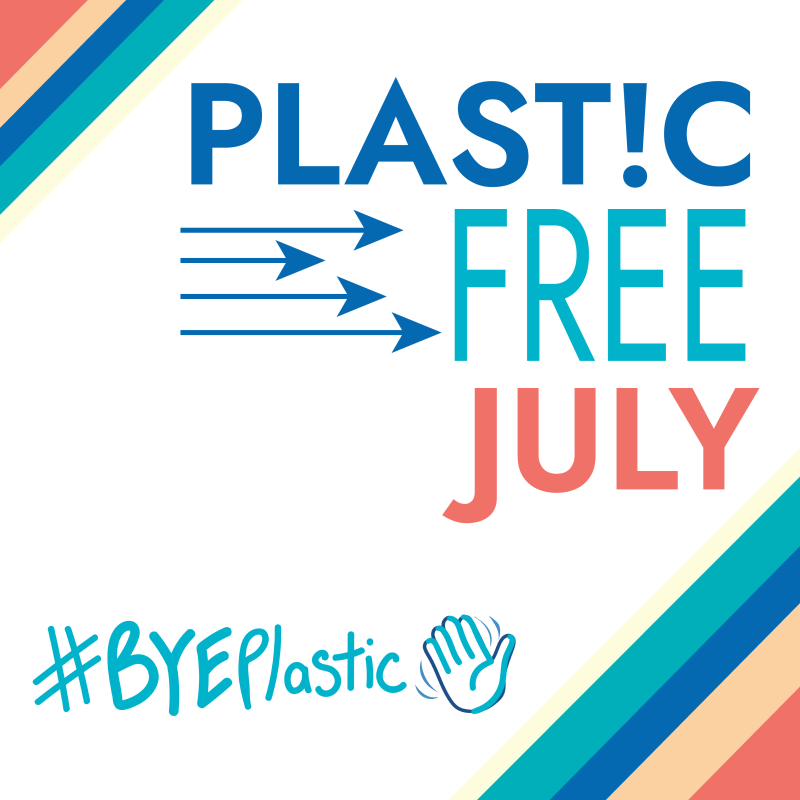This July, MCIC recommitted to limiting our plastic use by joining the global Plastic Free July movement! This global initiative aims to encourage and inspire people around the world to minimize their single-use plastic by sharing tips, resources and lifestyle changes. Plastic Free July is about more than just limiting your plastic for a month, it's about committing to bettering the environment through long-term sustainable lifestyle choices, one small change at a time.
Climate change is arguably the greatest challenge our global village faces today – affecting everyone. Whether it be more frequent and intense natural disasters, raising temperatures, melting glaciers or increasingly unpredictable and intense droughts and floods, climate change and its challenges prove mountainous. The United Nations Sustainable Development Goal 13 (SDG13), Climate Action, calls for urgent responses to combat climate change and its impacts. SDG13 is intrinsically linked to all 16 of the other Goals of the 2030 Agenda for Sustainable Development and cannot be ignored.

Plastic production is a huge contributor to climate change and is a leading cause of environmental degradation. From microplastics (small plastic particles less than about 5mm in size) that have been found within our food to wildlife perishing from incidental plastic ingestion, plastic is everywhere. In addition, as plastic slowly degrades, it releases greenhouse gases in the air, while also leeching microplastics and chemicals into our waters. Minimizing our use of single-use plastics, choosing sustainable alternatives to plastic and reusing what we already have available are just a few ways that we can do our part.
Weekly Challenges
Throughout July on Instagram, we issued weekly challenges to encourage each of us to limit our plastic footprint through creative plastic-free alternatives.
The challenges we issued tackled multiple themes such as:
- plastic waste from food and drink items,
- cleaning supplies,
- personal items like toothbrushes and
- plastic bags

Each challenge was accompanied by numerous tips to help achieve the weekly goals. These tips included identifying plastic-free alternatives, switching to refillable options when available and making DIY products at home. It may seem impossible to go plastic free but small changes to limit our use of single-use plastic can make big waves!
Plastic Free July is an inspirational way to kick off the switch to sustainable alternatives and consciously think about the plastic we use every day but July is only the beginning. Consider what we can do all year long because small-scale changes can have big, long-term impacts.
Download (and share with friends and family) our one-of-a-kind printable monthly calendar that includes our weekly challenges and tips for success because we can go plastic-free any month.
Check out our challenge calendar
Powerful Actions for Change - Add YOUR voice!
More drastic measures are needed in order to battle plastic pollution and climate change. This includes environmental policies and both strong commitments and immediate action from our government officials. Add your voice and actions to encourage our leaders to create large-scale impacts on environmental policies, treaties and standards.
- Continue trying to limit your plastic use.
- Educate and support your friends and family in limiting plastic in their lives.
- Support legislation to curb plastic production and waste:
- SIGN HERE to ask the world's top plastic polluters to break free from plastic
- SIGN HERE to petition the Government of Canada for stricter single-use plastic regulations (Note: this petition closes for signatures on September 22, 2022 at 12:10PM EDT)
- SIGN HERE to help end the plastic disaster
- SIGN HERE to ask the Government to take responsibility for Canada's plastic disaster
- SIGN HERE to ask Canada to act now! The Great Lakes are filling up with plastics.
- SIGN HERE to ask the government: reduce and reuse must be part of a Zero Plastic Waste Strategy
- Sign petitions against plastic and environmental degradation
- Peacefully protest climate change and single-use plastic.
- Contact your city council regarding recycling, compost and policies.
- Participate in (or organize) a beach/river clean up.
- Avoid products containing plastic microbeads by looking for “polythelene” and “polypropylene” on the ingredient labels of your cosmetic products.
- Support organizations addressing plastic pollution such as Oceanic Society, Plastic Pollution Coalition, 5 Gyres, Algalita, Plastic Soup Foundation, Greenpeace Canada, Oceana Canada, and many others!
Plastic Free July Participants Feedback

“After participating in the challenges and looking more into the PFJ movement this month, I was shocked to learn that microplastics are washed out of our clothes and into our water systems. Going forward, I would like to prioritize natural fibers in my clothing and reusable bags."
- Challenge Participant
"I think Plastic Free July is a great first step in addressing the climate crisis on the side of consumers but more needs to be done on higher levels to see widespread substantial long-term progress."
- Participant
"I try to carry reusable cutlery with me in my bag. Also bringing my own containers to a refill place - I haven’t bought a shampoo or conditioner bottle all year!"
- @dannisaturn
Make sure you're following us on Instagram @mcic_ca for great resources and fun reels!

